AFFILIATED RESEARCH UNITS
The School of Architecture’s Affiliated Research Units promote faculty and student research across campus and beyond. These research units provide specialized research opportunities for faculty and students within fields ranging from housing to transportation to public interest design.
CM2 CENTER
The consortium of Cooperative Mobility for Competitive Megaregions (CM2), USDOT Tier 1 University Transportation Center, aims to advance research, education, and technology transfer initiatives to improve the mobility of people and goods in urban and rural communities of megaregions. CM2’s consortium partners include the University of Texas at Austin, Louisiana State University, Texas Southern University, and the University of Pennsylvania.
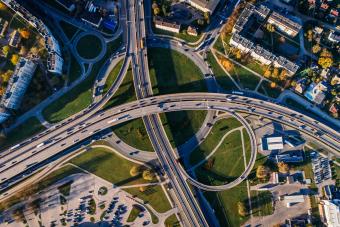
BRIDGING BARRIERS
Bridging Barriers serves as an incubator for some of the boldest interdisciplinary projects at The University of Texas at Austin. Housed within the Office of the Vice President for Research, Scholarship and Creative Endeavors, Bridging Barriers supports researchers from across the Forty Acres as they work to address major issues affecting our world.
Several School of Architecture faculty and students are deeply involved with two of the Bridging Barriers initiatives, and Community & Regional Planning faculty members Katherine Lieberknecht and Junfeng Jiao were a part of the Planet Texas 2050 and Good Systems founding teams, respectively.
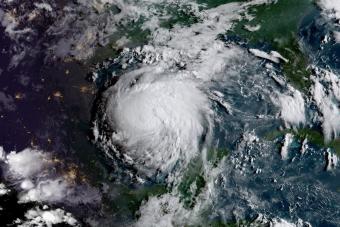
PLANET TEXAS 2050
Texas’ population could double by the year 2050. Extreme weather events will bring more floods, more droughts, and more heat. Our state's resources can’t support those demands. Making Texas resilient is Planet Texas 2050’s grand challenge.
Planet Texas 2050 is an eight-year sprint to find solutions that will make our communities more resilient and better prepared. Working in partnership with stakeholders and members of the community, Planet Texas 2050 researchers seek to improve Texas’ adaptability and build its resilience as we respond to rapid growth and climate change.
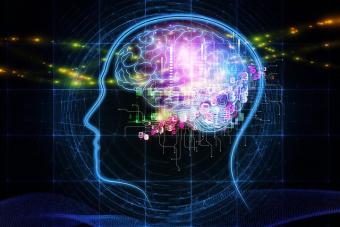
GOOD SYSTEMS
AI-based systems should be developed in accordance with broadly accepted values. These socially beneficial, AI-based technologies are what we call “good systems.”
The goal of the Good Systems Grand Challenge is to systematize a way of designing AI technology that meets society’s needs and values. Since Fall 2019, Good Systems researchers have sought to do this by developing, refining, and testing socio-technical research that supports ethical human-machine partnerships in real-world applications.
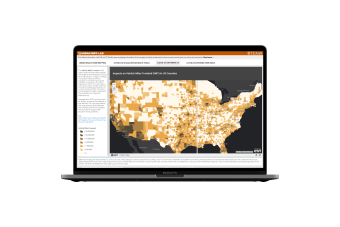
URBAN INFORMATION LAB
The Urban Information Lab uses emerging information technologies to better understand, measure, plan, and develop our urban environments. Since the lab’s inception in 2013, researchers have used big data to assist analyze different urban planning topics such as transportation planning, land use patterns, and accessibility to healthy food systems.
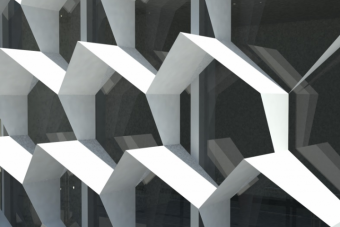
THERMAL LAB
The two Thermal Labs at The University of Texas at Austin are an outdoor testing facility for state-of-the-art research on innovative façade design. The labs are designed to allow for the testing of façade elements—such as glazing, shading, or decorative / weather protective shells—and their impact on building energy use and can also be used for other energy or indoor air quality studies.

